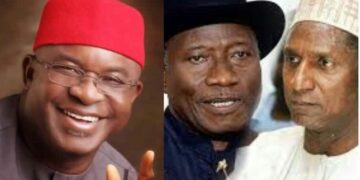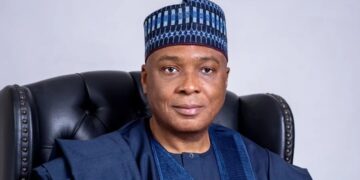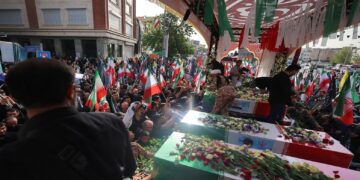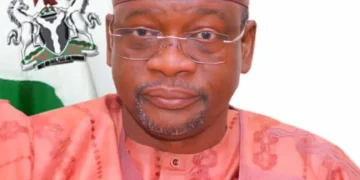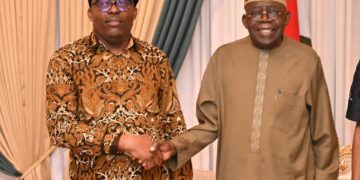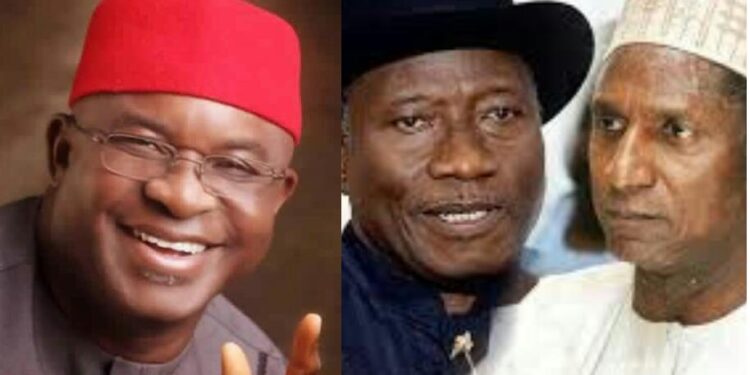Former President Goodluck Jonathan has disclosed that a critical letter written by the late President Umaru Musa Yar’Adua, meant to transfer power to him as acting president in 2010 was deliberately withheld by a senior presidential aide, resulting in a constitutional crisis.
Speaking in an interview with the Rainbow Book Club, which gained traction on social media Saturday, Jonathan revisited the turbulent period marked by Yar’Adua’s extended medical absence. He revealed that prior to leaving Nigeria for treatment abroad, Yar’Adua had prepared and signed a letter authorizing him to take on presidential responsibilities.
However, Jonathan explained that the aide entrusted with delivering this letter to the National Assembly failed to do so, effectively leaving Nigeria without a commander-in-chief during a critical period. While he was able to carry out vice-presidential duties such as chairing meetings and approving documents, he emphasized that he lacked the authority of Commander-in-Chief.
Jonathan highlighted the gravity of the situation, calling the power vacuum dangerous and entirely preventable.
The deadlock created a climate of political instability and public concern, eventually prompting the National Assembly led by then Senate President David Mark to invoke the “doctrine of necessity”—a controversial move that officially allowed Jonathan to assume the role of acting president without the required formal communication from Yar’Adua.
In his words, Jonathan said, “There’s always a balancing between North and South, Muslims and Christians. And Yar’Adua was a Northern Muslim, serving as president. He took over from a Southern Christian, Obasanjo, who ruled for eight years. Definitely the Northern Muslims wanted Yar’Adua to at least do eight years before power would return to the South, likely to another Christian. But his health issues came up and it was a problem. That’s why even allowing me to act as president became an issue.”
Jonathan continued: “One year that Yar’Adua was going for the medical checkup. Actually, a letter was written. Of course, the constitution says that for the vice president to act, the president would send a letter to the Senate and the House of Rep informing them. That letter was written, but the person who the letter was handed over to, I will not mention the name to you now, was one of the aides of Yar’Adua, refused to submit the letter to the National Assembly. And Yar’Adua became so ill that he had no control of issues. So we had a country where the president was not available, and there was no acting president. Yes, as a vice president, you can take over the responsibilities of, some responsibilities of the president. You know the president of Nigeria has two main responsibilities.”
He elaborated further: “First, you are the chief executive of the country, so like a prime minister of a country. That, the vice president can assume, you don’t need any transfer. And I was doing that because we were having an executive council meeting, we were approving memos from ministers, so the government was going on.”
But he stressed a key absence: “What is the second responsibility of the president of Nigeria, besides being the executive head of the country? And there’s nothing like acting commander-in-chief. Either you’re a commander-in-chief or not. But when you become an acting president, you are at the same time a commander-in-chief. So that was lacking, and no country allows that gap. A country like America, they don’t allow that gap at all. If an American president wants to, even if it’s a whitlow, that he requires an extension, that he will be off for five minutes, he will hand over to the vice president before that procedure. Immediately he regains consciousness, he takes over. But we stayed for some time.”
Jonathan concluded: “And that led to what they call the doctrine of necessity. When the National Assembly felt that the country was in a situation where it was not expected, they now have to initiate this doctrine of necessity. And they now made me to act as a president without a letter from Yar’Adua.”
President Umaru Musa Yar’Adua passed away in May 2010 after a long battle with illness, paving the way for Jonathan to serve out the remainder of the term. He then went on to win the 2011 presidential election and served a full tenure which ended in 2015.



